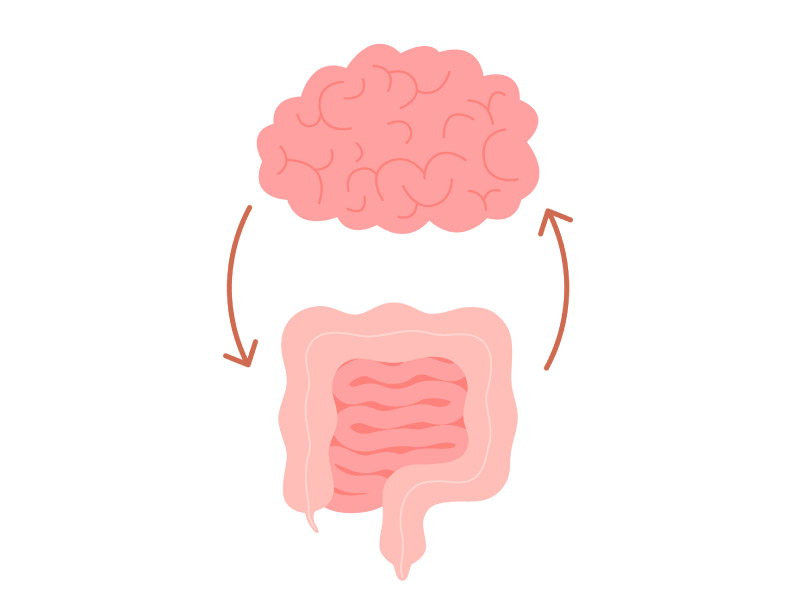In my practice as a naturopathic physician, I often see women in their 40s and 50s who are doing everything right—eating well, staying active—yet still struggling with unwanted weight gain and declining energy. What they’re experiencing isn’t a failure of willpower. It’s a reflection of the profound hormonal changes that accompany perimenopause and menopause, changes that affect metabolism, fat storage, sleep, mood, and appetite regulation.
Weight gain during this life stage is common, but it isn’t inevitable. The key is understanding the “why.” As estrogen, progesterone, and testosterone begin their often erratic fluctuations and eventual decline, the body undergoes significant shifts in its fundamental processes. These hormonal shifts make the body less efficient at managing blood sugar, preserving lean muscle mass, and regulating cortisol, our primary stress hormone. Specifically, declining estrogen levels can lead to increased insulin resistance, making it harder for cells to absorb glucose, contributing to higher blood sugar and increased fat storage, particularly around the abdomen.
Furthermore, the decrease in these hormones, especially testosterone and estrogen, directly impacts muscle protein synthesis and maintenance, leading to an accelerated loss of lean muscle mass – a process known as sarcopenia. This reduction in metabolically active tissue further slows metabolism. Concurrently, the fluctuating and declining levels of estrogen and progesterone can disrupt the delicate balance of the HPA (hypothalamic-pituitary-adrenal) axis, impairing the body’s ability to effectively manage stress and often leading to higher or more erratic cortisol levels. This hormonal interplay often leads to increased abdominal fat, a propensity for insulin resistance, and a frustrating sense of metabolic slowdown, even for those with disciplined lifestyles.
Unfortunately, conventional weight loss advice like eating less and exercising more can make things worse. Restrictive diets and excessive cardio elevate cortisol levels, which further disrupts metabolism and encourages the body to store fat. What’s needed is not more discipline, but a more intelligent and personalized approach.
That’s where naturopathic medicine shines. When I work with women navigating midlife weight changes, the process begins with comprehensive lab testing. We assess thyroid function, insulin sensitivity, cortisol patterns, and sometimes a detailed sex hormone panel to understand where the imbalances lie. These results guide every step of the treatment plan.
From there, we craft an individualized strategy that may include:
- Bioidentical hormone replacement therapy (BHRT), tailored to each woman’s unique needs and stage of life to restore hormonal balance and support energy, sleep, and metabolism.
- Targeted natural medicines to help balance hormones and to support insulin sensitivity, adrenal function, and liver detoxification.
- Nutritional guidance that supports metabolism without deprivation, with an emphasis on protein intake, blood sugar balance, and anti-inflammatory foods.
- Movement recommendations that respect the body’s changing physiology, focusing on strength, stability, and nervous system regulation.
- Support for stress and sleep, both of which directly influence hormone balance and weight.
This is not a one-size-fits-all approach. It’s a partnership grounded in physiology, clinical data, and the lived experience of each woman. When we address the underlying hormonal and metabolic shifts of perimenopause and menopause, the results go far beyond weight loss. Women report better mood, clearer thinking, deeper sleep, and a renewed sense of vitality.
If you’re approaching or moving through midlife and feel frustrated by changes in your body, know that you can reclaim your health with strategies that are rooted in science and personalized to suit you.
Dr. Deidre Macdonald is a naturopathic physician who has practiced in Courtenay since 1997. (250) 897-0235 or www.getwellhere.com
Dr. Deidre Macdonald
Naturopathic Physician
250 897-0235











